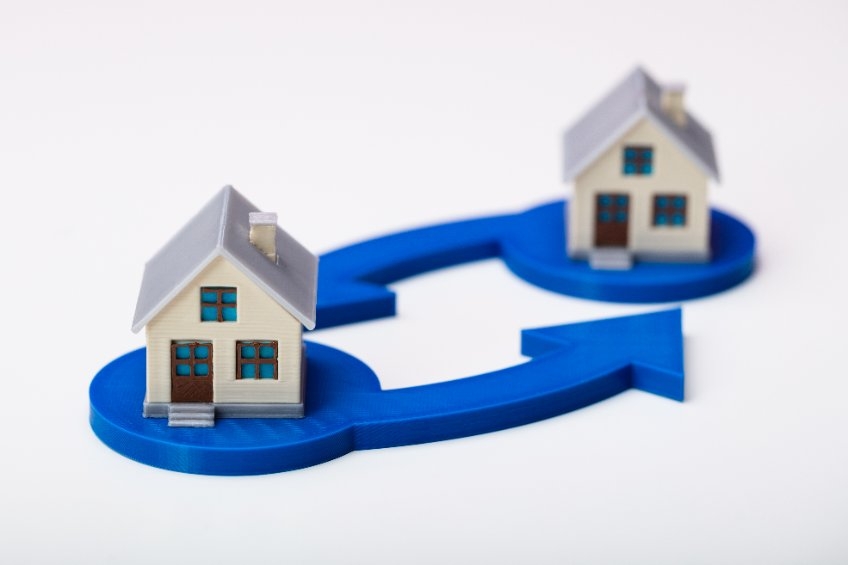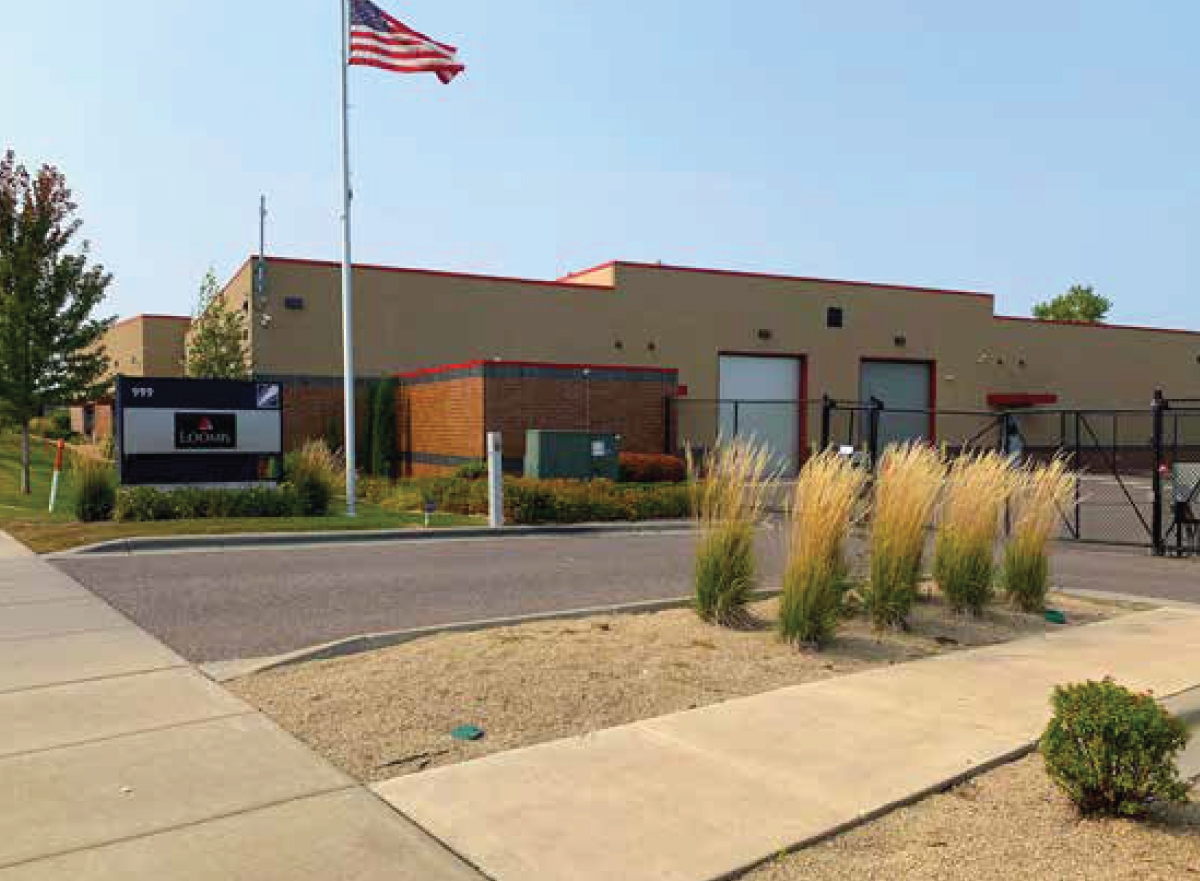
If you’re a business owner in Colorado, California, Connecticut or elsewhere who’s ever sold a commercial real estate property, you know the painful sting that comes with realizing just how much of your hard-earned equity is about to be eaten up by taxes. Between capital gains, depreciation recapture, and state income tax obligations, a third or more of your money can vanish overnight. It’s frustrating because you worked for years to create that value, and suddenly the government/IRS reaches into your pocket to pilfer the results of your efforts.

You know the old saying, “April showers bring May flowers”? Well, in commercial real estate (CRE) right now — especially here in good ol’ Colorado — it’s not just about green lawns and blooming gardens. It’s about a market that's weathering some storms... and setting the table for those who know how to plant the right seeds today to harvest a bounty tomorrow.
Let’s dive in. Grab your umbrella — and maybe your checkbook.

February, the month of love, presents an ideal time to reflect on our deepest affections, not just for the people in our lives but also for the dreams and aspirations that we hold dear. Among these aspirations, financial freedom stands out as a universal goal, a testament to our love for autonomy, security, and the ability to pursue our passions without restraint. In the realm of commercial real estate, this freedom is not just a dream but a tangible outcome achievable through wise investment strategies, particularly through 1031 Exchange investment transactions.

Whenever Washington politicians act like they’re serious about deficit reduction or tax reform, certain revenue-raising proposals find their way onto lists of proposed policy changes.
One of their recent favorites is the idea of limiting or removing altogether the ability of commercial property owners to defer capital gains taxes on real estate transactions, a practice known as 1031 exchanges, thanks to the provision’s home in section 1031 of the IRS tax code. You’ll also hear these referred to as “like-kind exchanges.”
Simply put, and with the understanding that there are many caveats and compliance details, a 1031 exchange is a process that under certain limited circumstances allows a commercial property owner to defer paying capital gains taxes at the time they sell a CRE investment property.

A young RN and former schoolteacher decided to leave the big city and stake their claim in Chico, CA. This couple’s dream was to create a best-in-class senior/assisted-living facility to provide a tremendous quality-of-life for those in their final years. Bootstrapping was the only way forward for the Kupermans but they had a vision and were undeterred. Over 2 decades later, the business and real estate holdings had grown from a 6-bed (in 1 small rental home) facility to a large operation spanning 5 commercial assisted-living facilities. When the Kupermans decided to slow down & begin enjoying the fruits of their labors, their entire operation was put on the market for sale. The blue skies of 2019 soon turned dark & ominous in 2020 when the impact of covid-19 threatened what they had built. Fortunately, patience and persistence won; the clouds parted, and the assisted-living facilities were sold.

Ben Franklin once said, “In this world, nothing can be said to be certain, except death and taxes.” Well, fast forward to the present day, and one part of his quote remains to be true: death. But for individuals who invest in real estate, there is a way to defer capital gains taxes after all. That way is through a 1031 exchange. And whether you’re a new or experienced investor, you can greatly benefit from this real estate transaction. Today we’ll be discussing the top five reasons to pursue a 1031 exchange according to two 1031 exchange brokers.





